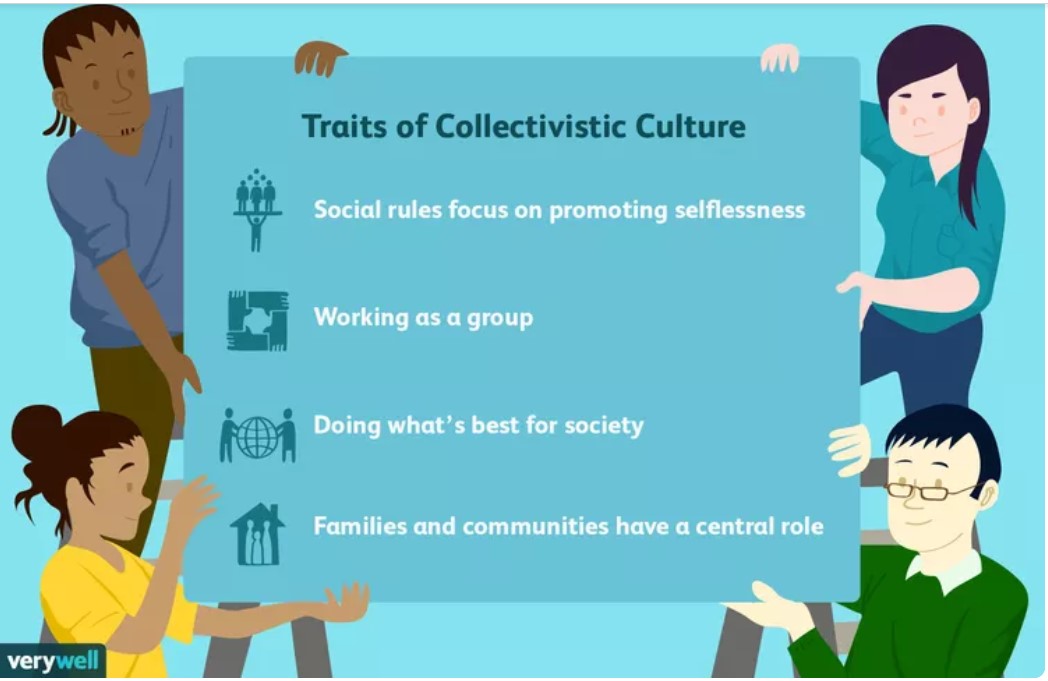Bottom up power: [Politico] “The country’s 900 or so rural electric cooperatives serve remote rural customers and are member-driven, -owned and -controlled. Their nonprofit status has made it hard to make investments in low-carbon energy; unlike investor-owned utilities, they can’t go into debt or sell shares to pay for a solar farm. But getting them off of fossil fuels is essential to meeting climate goals.
Already five co-ops have either left or announced they will leave a major G&T (generation and transmission) called Tri-State Generation and Transmission Association, which covers parts of four Western states.”
![]() This tendency is happening in Europe as well. Despite all the ‘effort’ to stop using fossil fuel, oil companies are making record profits. Even Biden is allowing a new oil-drilling operation in Alaska – talk about plutocracy!
This tendency is happening in Europe as well. Despite all the ‘effort’ to stop using fossil fuel, oil companies are making record profits. Even Biden is allowing a new oil-drilling operation in Alaska – talk about plutocracy!
Mariner often writes about collective cultures. Collectivism includes concepts like extended families, local government, local cooperatives, community rules for equality of life, etc. To one degree or another, terms for collectives include cooperative, clan, communist, commune, tribe and many other terms denoting a localized group. The image below captures the general spirit:

Just being a small group does not automatically grant goodness. There are many small groups bent on anything but sharing and survival of all – NIMBY is one of countless examples that demonstrate the conflict between collectivism and the imposing needs of a much larger population.
Having learned from many sources over many years, mariner knows Homo sapiens is a tribal species, along with most of its primate ancestors. In past posts, he has cited authors who said things like “The maximum number of individuals that can be familiar to a human is 150”, “The further a person gets from a direct relationship with the environment, the more abusive the relationship becomes” and recently, “I’m first if its fair for everyone”.
When he studies the development of western nations, and the unimaginable wealth that suddenly appeared on the American continents, mariner is reminded of a group of hoodlums during a riot who break into a store and steal all its goods. Such tactics work for the hoodlums if there is plenty to go around. Western Capitalism is the fastest way to reorganize wealth.
Today, however, there is not enough to go around. Capitalism has an idiosyncrasy that doesn’t work anymore: Grow or die.
Because the West has achieved such wonders and accomplishments – especially when the achievements provide convenience, collective terminology is not popular and its advantages often are discounted. It is this resistance that makes it good news to mariner that there is a breakaway of self-owned electric companies from large conglomerates. There are other appropriate concepts of management that will work better in these challenging times. Bigger may not be better.
There are many more sociological points of interest but mariner can become boring.
Ancient Mariner
